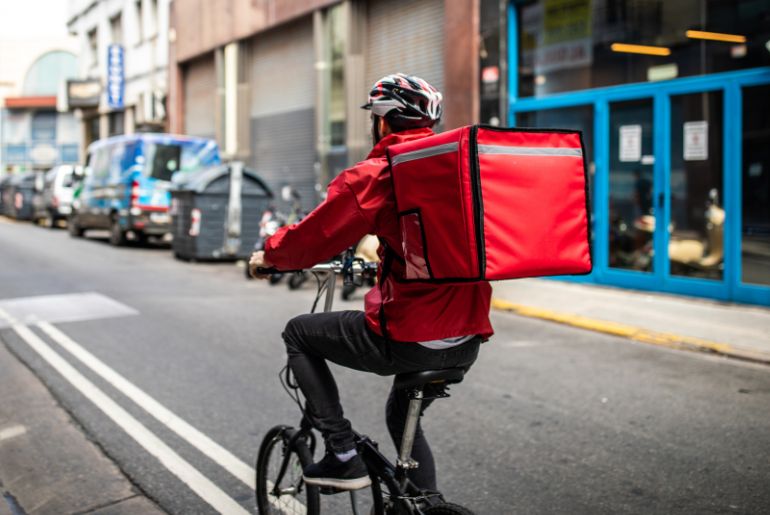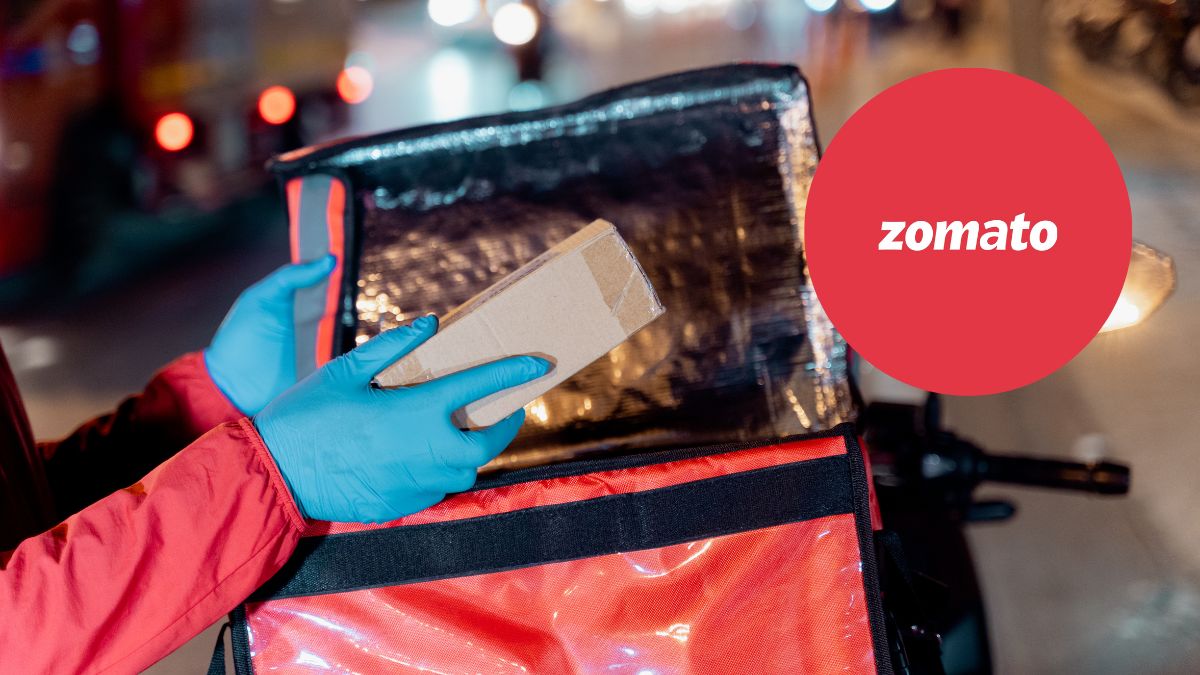Numerous companies in India have explored a variety of financial viability strategies. But, they are currently experimenting with the most traditional strategy of all: asking their clients for money. In recent quarters, Zomato has taken steps to increase its profitability have been successful and have introduced platform fees.
Zomato Has Introduced A Platform Fees

The online meal delivery service has begun charging a platform fee of ₹2 to ₹3 for each order on its app as a test measure. The small fee was added to help them pay the bills so that they can keep Zomato running, according to the order section of the meal delivery service. The platform cost will be charged to all of its clients.
Zomato could benefit financially by ₹40 crore from the change and this might push the business a little closer to profitability. Zomato lost ₹971 crore in fiscal year 23. According to Kotak, Zomato reported 27 lakh highly frequent consumers in 2022 who made more than 50 orders each year. A platform fee of ₹2 on all of these orders, assuming that these consumers trade 75 times a year on average, would add ₹40 crore to its EBITDA.
Also Read: Zomato CEO Becomes Delivery Agent For Friendship Day; Netizens Say “Swiggy Over Zomato Today”
These businesses could do well to find a clever way to squeeze some additional cash out of their clients’ orders by levying a little upfront fee.
Other Online Platforms Also Adding Additional Charges

Due to the fact that Zomato is a two-sided marketplace and is already at odds with eateries over commissions, it has limited options for earning money there. Users have also expressed dissatisfaction when Zomato’s pricing is greater than those on restaurant food menus, which makes it difficult for Zomato to generate revenue there.
Additionally, other internet businesses have started charging customers directly for their services, in addition to Zomato and Swiggy. Customers of BookMyShow also have to pay a convenience fee, which frequently makes purchasing tickets online more expensive than doing it in person. Many e-commerce sites, like Flipkart, Myntra, and Ajio, are experimenting with different kinds of platform fees. A platform charge might just be the first step on their long road to becoming financially sustainable organisations.
Also Read: G20 Summit Delhi: Except Medicines, No Amazon, Zomato & Other Online Deliveries From Sept 8-10
Especially considering the fact that the majority of Indian internet businesses are stuck in losses.
Cover Image Courtesy: Canva & Zomato/ Facebook
First Published: September 07, 2023 6:35 PM



